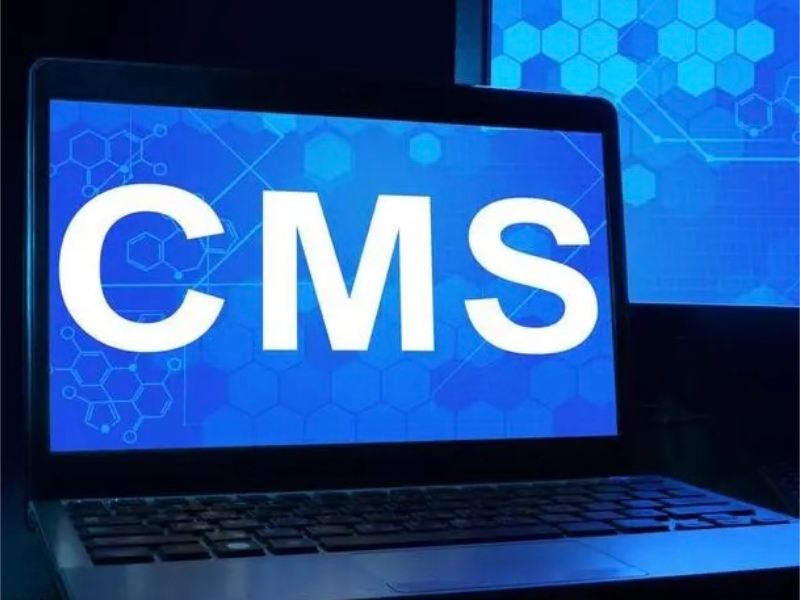- CMS interoperability is the ability of different content management systems (CMS) to exchange data and work together seamlessly, using standardised protocols, APIs, and data formats.
- It is vital for ensuring smooth transitions, integrations, and content sharing across various CMS platforms, providing flexibility, scalability, and innovation in the digital ecosystem.
CMS interoperability is essential for enabling the efficient transfer and integration of content across various content management platforms, fostering a flexible and interconnected digital environment.
Definition of CMS interoperability
CMS interoperability refers to the capability of different content management systems to exchange data and work together seamlessly. It involves the use of standardised protocols, APIs, and data formats that allow content, media, and other information to be transferred between CMS platforms without loss of data integrity or functionality. This interoperability ensures that systems can communicate effectively, enabling smooth transitions, integrations, and the sharing of content across various CMS environments.
Also read: 5 ideas from Sergey Gorbunov on blockchain interoperability
Also read: The basics of structured cabling in networking
Key aspects of CMS interoperability
CMS interoperability is about ensuring that diversity of content management systems can work together, share data, and integrate with other technologies, providing flexibility, scalability, and innovation in the digital ecosystem. It is about creating a seamless experience for developers, designers, and content creators, allowing them to focus on their work without being hindered by platform-specific limitations.
1. Data exchange: This involves the seamless transfer of content, including text, images, videos, and other media, from one CMS to another. The goal is to ensure that all data retains its structure, formatting, and associated metadata during the transfer process.
2. APIs and standards: Application Programming Interfaces (APIs) are sets of rules that allow different software applications to communicate with each other. By adhering to common standards and protocols, CMS platforms can use APIs to exchange data and functionality.
3. Plug-ins and extensions: These are additional software components that add specific features or functionality to a CMS. Interoperability in this context means that plug-ins developed for one CMS can be adapted or used directly in another, or that there are tools available to help with the transition.
4.Open source solutions: Open-source CMS platforms, such as WordPress, Drupal, and Joomla, often have large communities of developers contributing to their growth. These communities tend to create tools and solutions that promote interoperability, as they are built on the principle of shared knowledge and collaboration.
5.Import/Export capabilities: The ability to import and export content in a standardised format is essential for interoperability. Formats like XML (eXtensible Markup Language) and JSON (JavaScript Object Notation) are commonly used because they are both human-readable and machine-readable, making them ideal for data exchange.
6. Theme and template compatibility: Themes and templates dictate the look and feel of a website. Interoperability in this area means that themes and templates can be easily ported from one CMS to another, or at least adapted with minimal effort.
7.Plugin and module portability: Plugins and modules are software components that extend the functionality of a CMS. When these are portable, it means that they can be moved from one CMS to another with minimal changes.

